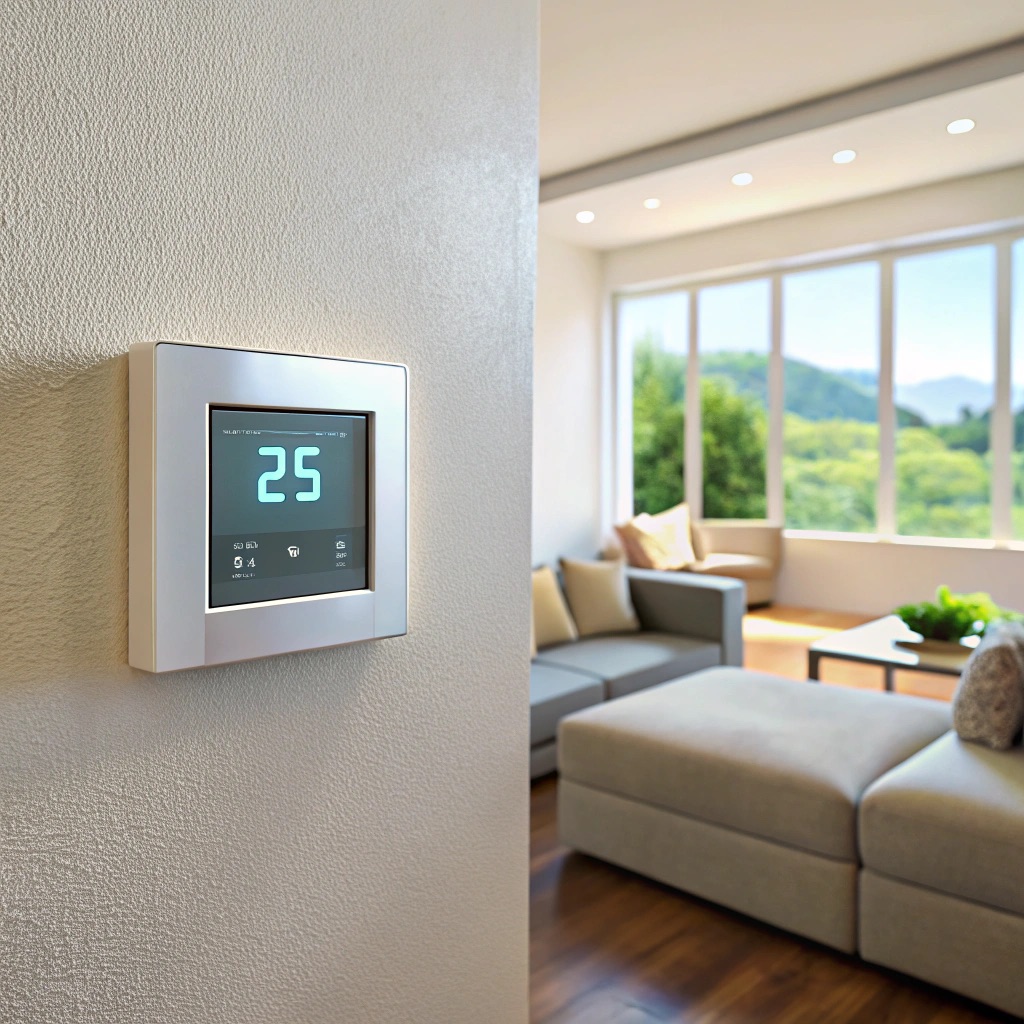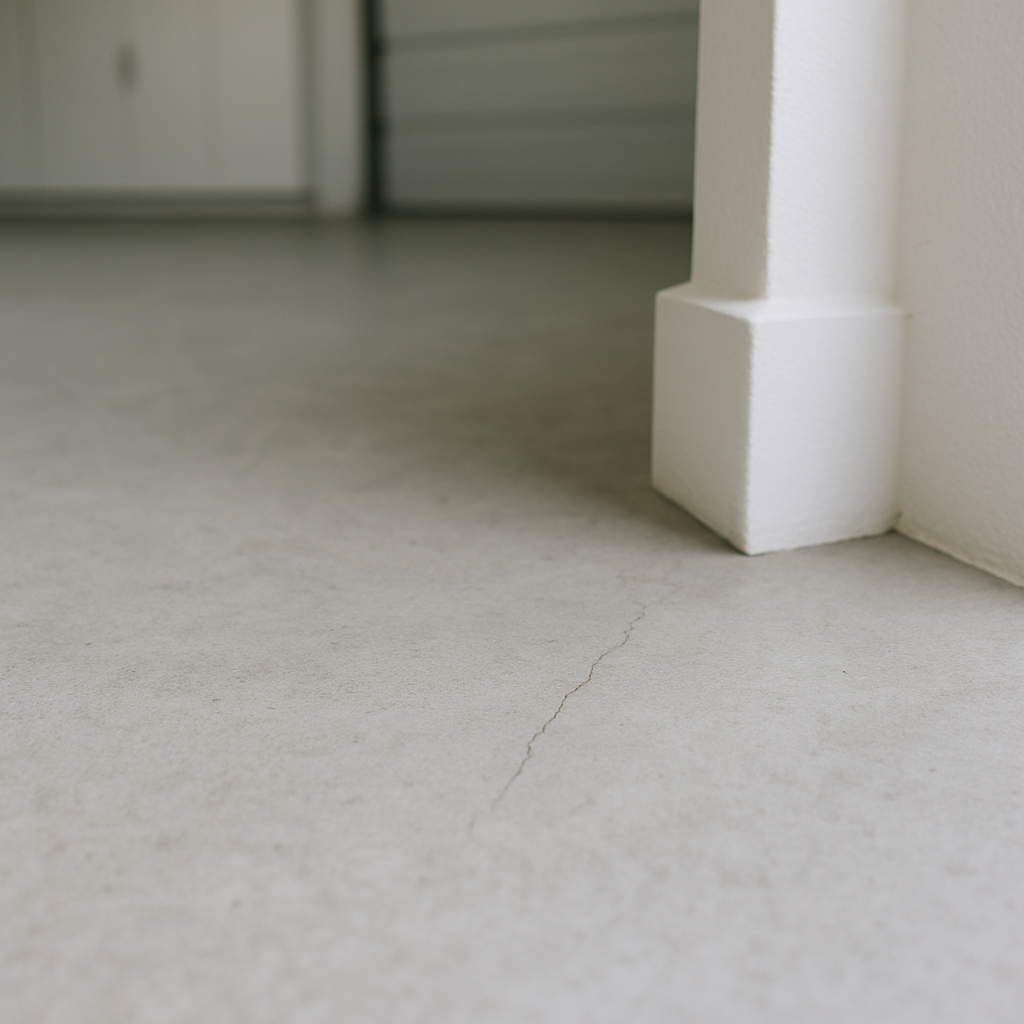Last updated on
The short answer is 15 to 25 years. But the exact answer depends on several factors. We break it down in this detailed article. Read on!
“Is it time to repair or replace my HVAC system?” That’s one of the topical questions that homeowners try to find answers to. Your AC system is a significant investment that you want to maximize its benefits for the longest time possible.
You can perform all preventative maintenance strategies to improve your AC unit’s functional lifespan. Still, a time comes when the furnace, heat pump, boilers, and other components become worn out beyond repair.
So, let’s get back to the trivial question: “How long do HVAC systems last?” There is no definite answer to that. However, according to professional home improvement contractors, the typical lifespan of heating, ventilation, and air conditioning unit is about 15 to 25 years.
The durability may vary from one type of system to the other. Outdoor and indoor environments also play a role. Householders in coastal areas experience a higher rate of wear-n-tear. HVAC systems in cold climates get more corroded in specific parts of the fixture.
For example, in cold climates, the furnace tends to wear out faster, whereas, in hot climates, the AC unit or the pump is what gets worn out faster. These, among other factors (which we will discuss later), affect the fixture’s longevity.
What's Inside
Types of HVAC Systems and Their Typical Lifespans
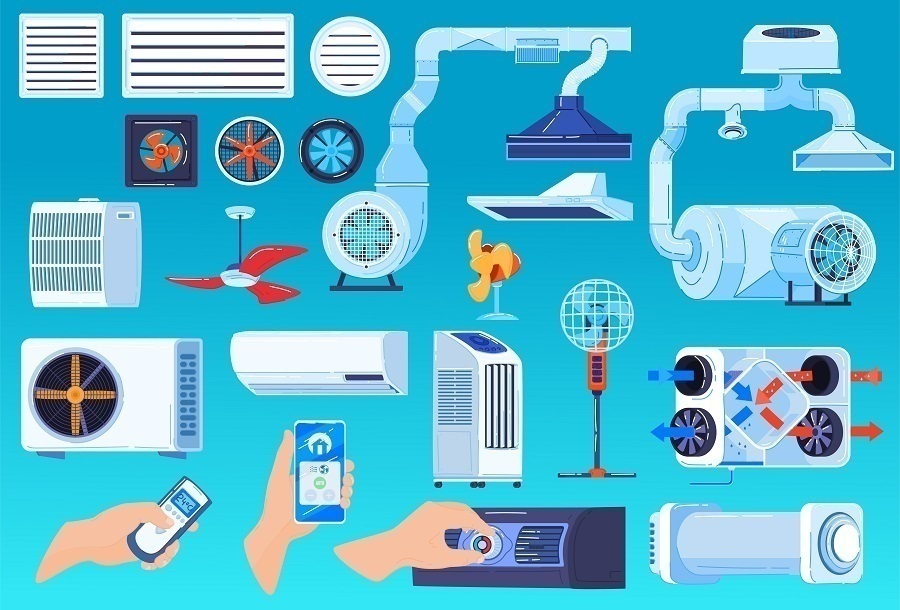
People choose different types of heating and ventilation systems in their home remodels. Depending on your selection, the longevity varies.
Furnaces – When properly maintained, gas furnaces can serve homeowners for as long as 20 to 30 years. Home renovation contractors may recommend that you install a furnace when the heat exchanger within the system develops issues, such as leakages. That’s an economical option, considering heat exchangers can be quite expensive. If not well maintained, furnaces last for about ten years, whereas oil furnaces serve longer, about 15 years.
Heat Pumps – Heat pumps have an average lifespan of 10 years, although some may last for 15 or 20 years—depending on the usage and maintenance practices. People often confuse heat pumps for ac units because they operate similarly – they offer both heating and cooling – and are, thus, intensively used each year. That said, heat pumps in coastal areas have a relatively shorter lifespan, about 12 years.
To maximize the lifespan of your heat pump, regular maintenance is crucial. Scheduling annual inspections and tune-ups by a trusted HVAC company can help identify and address potential issues before they become major problems. This ensures your heat pump operates efficiently and lasts for years to come.
Air Conditioners – While most home AC units lasts for 15 to 20 years; others have a decade’s lifespan. Property owners in coastal areas can only enjoy an AC service life of about seven to ten years, because of the consistent exposure to salts and humidity. They often have to deal with compressor and condenser replacements when their AC or heat pumps develop problems.
Boilers – Among all the types of HVAC systems, boilers tend to have the most extended lifespan, averaging between 20 to 35 years. Home improvement contractors recommend that you replace the boiler when you experience issues with your heat exchanger.
Ductless Mini-Splits – Like heat pumps and ac units, ductless mini-split systems provide both heating and cooling. They will last for about 10 to 30 years, except in coastal environments.
Factors Affecting Your HVAC System’s Durability
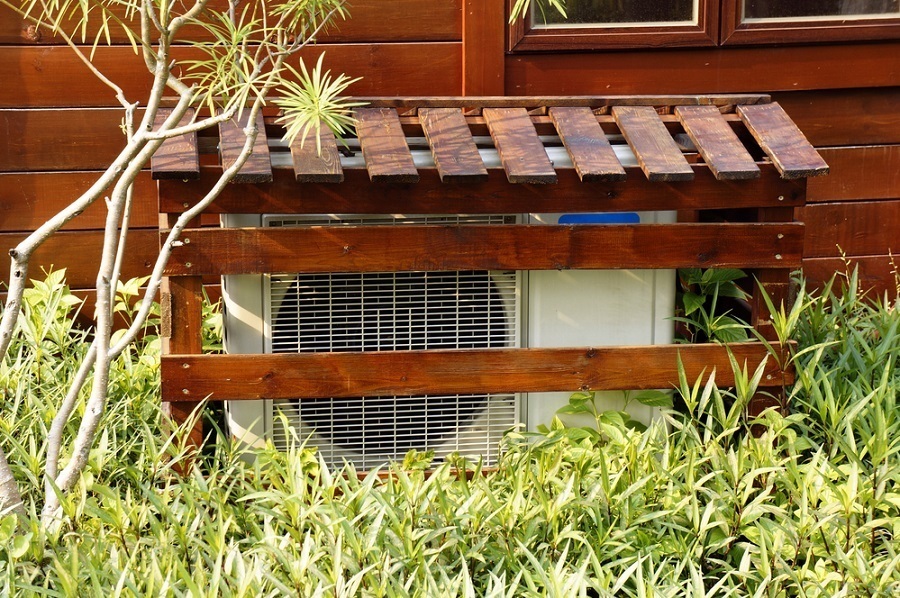
These are the factors that affect your HVAC system’s lifespan.
Outside Forces
It is not always a fault within the system that causes a short functional life; environmental elements maybe the culprits. According to home renovation professionals, indoor environments are progressively changing, introducing new “stressors” that damage the HVAC. These include chemicals from the cleaning products you use daily or outgas from organic components, such as wood or carpets. These elements attack the indoor, copper coils, causing them to wear-n-tear rather quickly.
Furthermore, building and home improvements contractors have developed innovative solutions to construct air-tight and energy-efficient houses. While these are excellent upgrades to reduce a homeowner’s utility bills, they cause too much build-up of indoor air with none of it leaving. That ultimately causes the AC unit to work more and longer, leading to a shorter life cycle.
HVAC Unit Maintenance Practices
The level of maintenance strategy you give to your HVAC unit determines its service life. Preventative maintenance particularly prevents wear-and-tear by retarding the progressive system’s decline. Some issues may be remedied by following the user manual, while some require a trained and experienced technician.
Still, it would help if you would ensure that:
- No vegetation or foliage is covering the exterior AC unit.
- The insulation covering the refrigerant lines is in excellent condition.
- You spray off the dirt, dust, and debris accumulated on the coils.
- The interior return vent is clear and change the air filter.
Indoor Air Quality
Dirt, dust, air particles, and other particulate matter can cause your HVAC’s lifespan to shorten. Not only do these contaminants result in health hazards, but they also dent your finances. When they come into contact with surfaces of critical HVAC components, the system may operate inefficiently, or worse, fail, forcing you to resort to costly emergency repairs or replacements. When dirt builds up within the air vents, it blocks the smooth flow of air. Therefore, checking and cleaning the ducts regularly improves your ac, heat pump, or furnace’s durability.
How HVAC Updates Enhance System Longevity
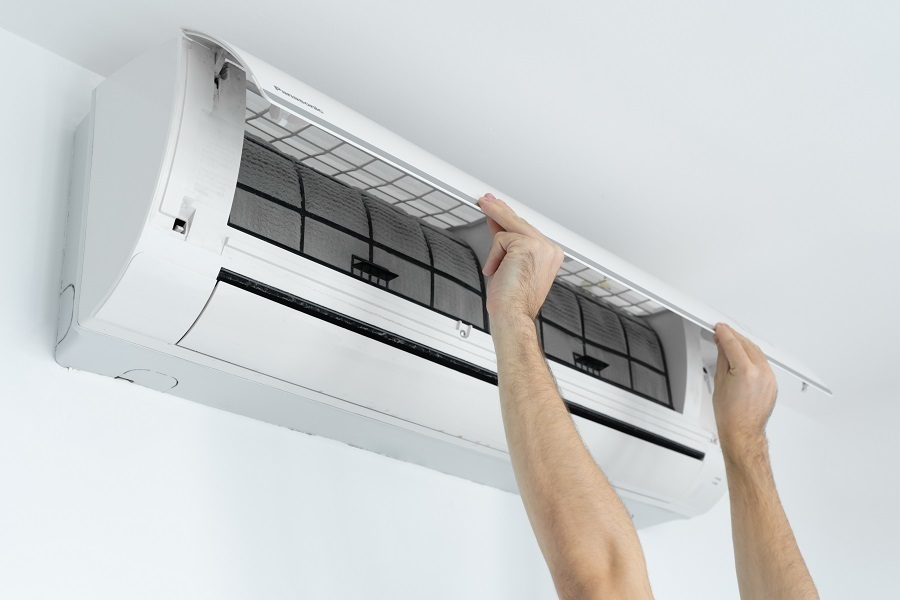
HVAC manufacturers are always trying to develop technologically-updated systems to make them endure today’s environment. That’s in response to changing consumer behaviors. Today, property owners are looking for newer designs, material, or coating to withstand or resist chemical substances that cause inefficiencies and failures in air conditioning units. These advancements in quality standards cause their life expectancy to shoot.
Modern and improved technology also plays a critical role in the pursuit of long-lasting HVAC units. However, remember that technology is somewhat a double-edged sword. As new and upgraded HVAC systems flood the markets, they bring with them new controls and electronics. Homeowners and property managers can leverage that to monitor and assess their units’ performance to ensure they operate healthily. On the flip side, if they go beyond the limits when tuning the system, they deliver alerts to signal a potential problem. You can make the necessary changes to restore standard functionality.
Spending a considerable amount of your savings on an HVAC unit demonstrates that you want an energy-efficient fixture that can serve you for several decades.
